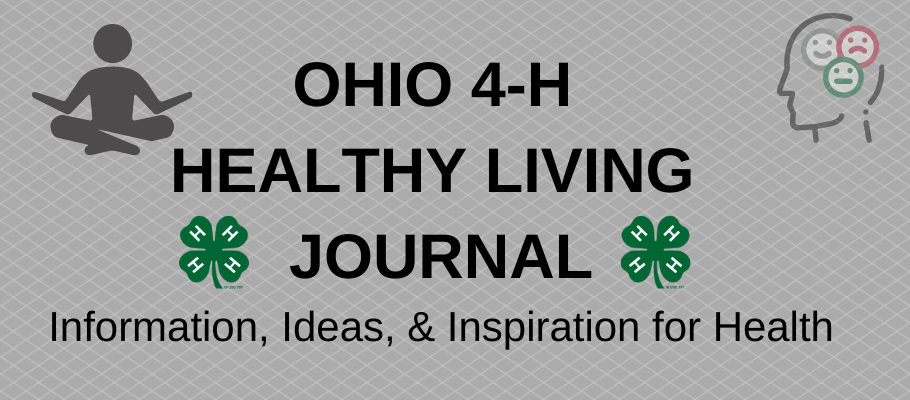 Body image is how we feel about our bodies. It’s how we view our physical appearance, based on our own observation and what we perceive as others’ reactions to it. We compare our image of ourselves to what we think is the “ideal” image.
Body image is how we feel about our bodies. It’s how we view our physical appearance, based on our own observation and what we perceive as others’ reactions to it. We compare our image of ourselves to what we think is the “ideal” image.
No matter what our size or weight, we can develop either a positive or negative view of our bodies. What we think of as the “ideal” body image has changed over time and can vary between cultural groups. Although we may think of body image issues as more prevalent in girls and women, it is now recognized that body image is also an issue relevant for boys and men. Research indicates that around half of children aged between 6 and 12 years old experience some dissatisfaction with their appearance. And body image concerns can begin as early as preschool.
Why is body image important? Those with a positive image of themselves feel more comfortable and confident in their ability to succeed. They don’t obsess about calories, food, or weight. And, they have the energy they need to enjoy physical activity. In contrast, those with a negative body image feel more self-conscious, anxious, and isolated. They are at greater risk for excessive weight gain and for eating disorders. Given these issues, it’s important to consider the impact of body image on our overall health. If you wonder about how pervasive body image is in our culture…there is actually an academic journal titled Body Image.
What are some ways we can adjust our thinking about body image?
Focus on Health, Not Weight
Shift your focus from weight to health. Stop getting overly concerned about numbers on the scale. Instead, concentrate on great-tasting foods and fun physical activities. It’s not necessary to be counting calories or restricting your food intake. Focus on enjoying regular meals and learning how to make smart, tasty choices. Whatever our age or size, we feel better when we take care of our bodies because we want to have the energy to do all the things that we want to do. We can still have goals to focus on developing better eating and fitness habits.
Bust the Myth of the “Perfect Body”
Realize that the media shapes attitudes and beliefs that contribute to what we view as the ideal body. Therefore, it’s important to become a critical viewer of media messages. Question the images you see on television, in magazines, and on the internet and social media. These images encourage social comparison. However, many of these images are retouched or changed so the bodies appear “perfect.” Don’t internalize the message that equates being thin with beauty, success, and health. The pressure to conform to the ideal image spills over to having the perfect profile picture and the number of “likes” we get. Don’t get sucked in.
Find Physical Activities That Fit
Feeling fit, strong, and capable is one aspect of positive body image. All of us need to find regular physical activities that we enjoy. Some of us are natural athletes — we love sports. Some of us do better at individual activities, such as walking or riding a bike. Some of us may find our niche in yoga, karate, or a hip-hop dance class. It matters more that we’re physically active that the specific activity we do. See our previous post about the different types of physical activities we need.
Today’s Take-Away: Don’t buy into the media images of the “ideal.” Focus instead on a holistic view of health.
Yours in Health,
Theresa Ferrari, Extension Specialist, 4-H Youth Development
Adapted from:
Hayes, D. (2020, August 20). 5 ways to promote a positive body image for kids. Eat Right. Academy of Nutrition and Dietetics. https://www.eatright.org/health/weight-loss/your-health-and-your-weight/5-ways-to-promote-a-positive-body-image-for-kids

